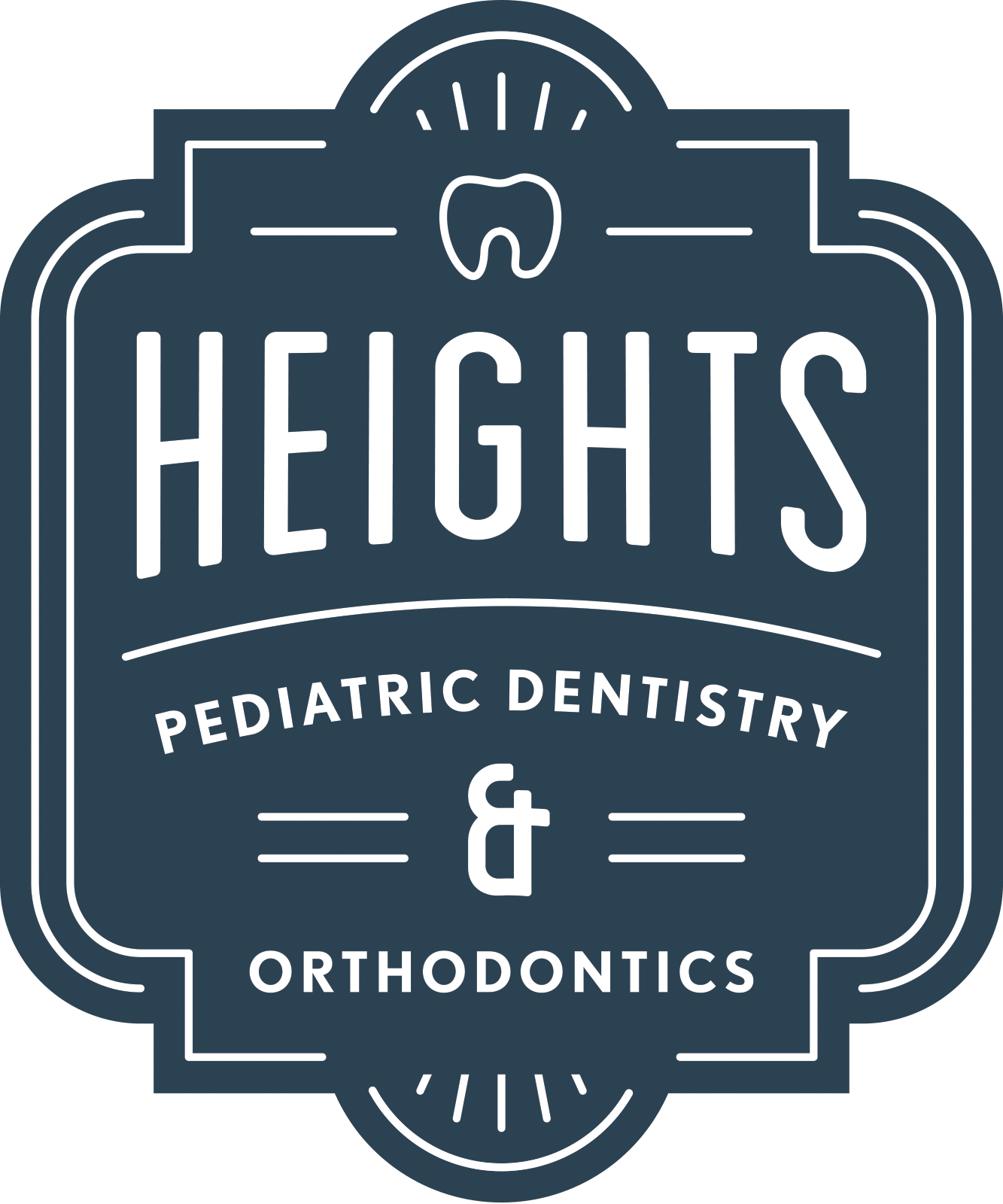Children often have a hard time cooperating for dental treatment especially if it is new for them. If you think about it, it is a lot to ask of a little one! This is one reason why parents prefer to bring their tots to pediatric dentists instead of general dentists.
One of our tools in our behavior management toolbox that pediatric dentists can use to help children during treatment is a safe, colorless gas called Nitrous Oxide (N2O). It helps to relieve dental anxiety and discomfort for a child during dental treatment. It works simply by breathing it in through the nose by means of a little rubber nasal hood or what we might call “an astronaut mask”. The child will then feel more relaxed. The effect is mild, though, so it is best for patients with little anxiety and for those who will undergo simple dental procedures. Nitrous oxide does not bind blood and wears off rapidly as soon as it turned off so the patient can resume their daily routine like going back to school or participating in activities.
Sometimes children may need a little more help than just nitrous, so we have other deeper sedation options. Visit our clinical updates tab to learn more about those methods! After a thorough examination, the dentist will be able to let you know if nitrous is a good option for your child. Parents are a crucial part in determining their child’s ability to withstand dental treatment and should engage in active discussion with the dentist to determine the right choice. Child’s age, level of anxiety, health history, and amount of dental treatment should all be discussed and considered before scheduling the treatment appointment.
If you have questions about nitrous oxide for your child, let us know! We are always happy to discuss with you and give more information!


























